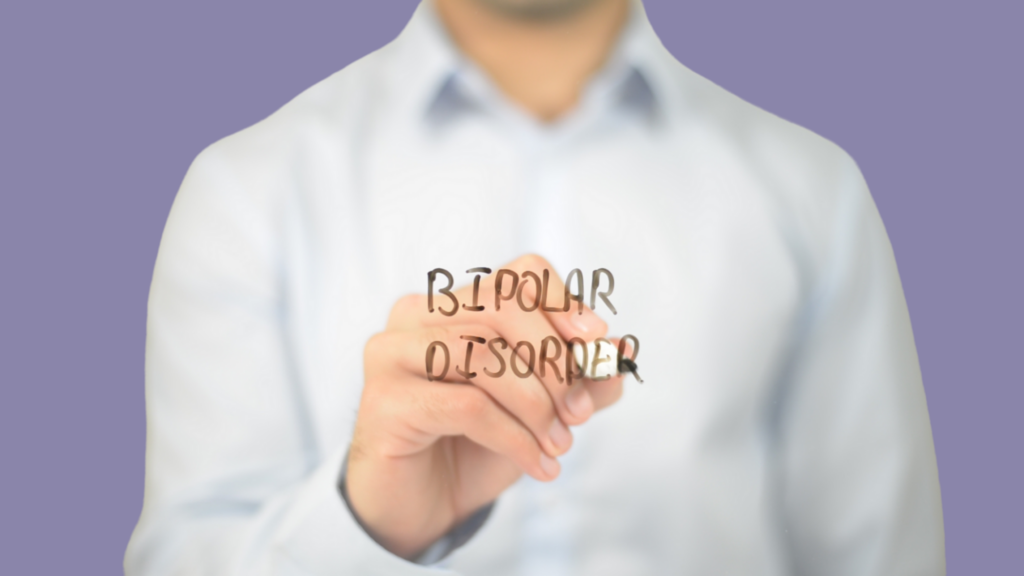

Transcranial magnetic stimulation (TMS) is a brain stimulation therapy and treatment for depression in patients who have not responded to antidepressants. It is a non-invasive procedure that uses a magnetic field to stimulate certain areas of the brain thought to be involved in mood regulation. Since its FDA approval in 2008, TMS has been increasingly used as an effective treatment modality for individuals suffering from treatment resistant depression.
Research shows that TMS brain stimulation therapy can be effective in reducing depression symptoms. However, since TMS is a procedure and still relatively new, many individuals considering the treatment option have questions for their mental health providers, such as:
- How effective is TMS therapy?
- Is TMS more effective than antidepressants?
- How long do the effects of TMS last?
- Is TMS right for me?
Keep reading to learn more about how TMS works, or take the next step by scheduling an appointment with your Geode provider to discuss TMS and other depression treatment options.
How effective is TMS therapy?
TMS has become a well-established treatment option for patients suffering from major depressive disorder and treatment-resistant depression. Research has shown that among patients who have not responded to standard antidepressant treatment for depression, up to 60% experience a significant improvement in depressive symptoms with TMS. TMS is also generally well-tolerated by patients, with minor side effects that resolve quickly after treatment.
TMS (transcranial magnetic stimulation) is not to be confused with ECT (electroconvulsive therapy), a procedure where electric currents are passed through the brain while the patient is under general anesthesia. While ECT can be even more effective at treating resistant depression than TMS, the risks of TMS are lower, as TMS is non-invasive and does not require anesthesia.
TMS treatment has become increasingly popular in recent years, with research showing that it can be effective even when standard antidepressant treatment has failed. However, there is still more to be done to bring TMS into the forefront of mental health treatment options. While TMS is not for everyone, its efficacy and non-invasive approach offer an attractive option for patients suffering from treatment resistant depression.
Is TMS more effective than antidepressants?
Antidepressant medication, such as selective serotonin reuptake inhibitors (SSRIs), are generally the first-line medical treatment for individuals experiencing depression. While these medications can be effective for many individuals, they do not alleviate depression symptoms for everyone. Studies suggest that up to two-thirds of individuals may not respond adequately to a single trial of antidepressant medication, and one-third may not respond even with multiple trials.
For these individuals, TMS may provide relief from depressive symptoms. Studies have shown that in patients who have not responded to antidepressants, pursuing TMS instead, or adding TMS to antidepressant medication treatment, can be more effective than antidepressant medication alone.
TMS therapy has been found to be effective for treatment-resistant depression, but it is not right for everyone. As with any treatment for depression, it is important to remember that results will vary from person to person. Your Geode provider can help you assess all treatment options and determine a personalized course of mental health treatment.
How long do the effects of TMS last?
The effects of TMS generally last much longer than the duration of treatment itself. TMS therapy is typically administered five times a week for four to six weeks, although some patients may need more or fewer treatments depending on their individual needs and response.
Studies suggest that the antidepressant effects of TMS can last several months to a year after treatment is completed. Certain patients may experience benefits for even longer. Other patients will benefit from additional rounds of TMS. Some studies suggest that continuing antidepressants after TMS may increase the chances of staying free from depressive symptoms and even anxiety, although some patients may be able to stop medication. These are personalized treatment decisions that will be made carefully and collaboratively between you and your provider.
Is TMS the right treatment for you?
TMS therapy can effectively provide relief from depressive symptoms for individuals who have not responded to standard depression treatment. TMS is also non-invasive, and most people have only minor side effects, if any, that resolve quickly after each treatment session.
If you are considering TMS for treatment-resistant depression, consult with your Geode mental health provider before making any decisions. Your provider can help you evaluate the effectiveness and safety of TMS and provide guidance on the best options for your individual needs. If you have questions about TMS or would like to learn more about this type of treatment, please reach out to your Geode provider today.
Need a psychiatrist in Augusta, GA or psychiatrist in Athens, GA? We are available in multiple locations to support your journey towards better mental well-being.


